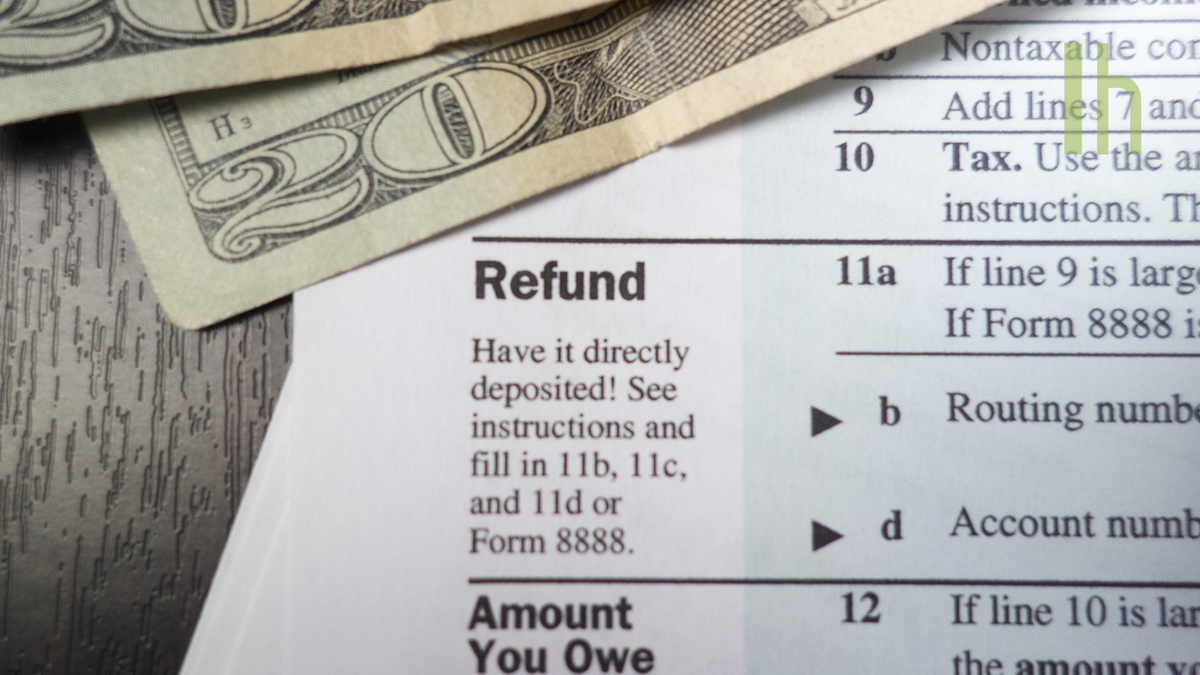‘They think London is under attack’ – Heathrow boss says US visitors are staying away
The Man Who Pays His Way: Summer travel surge is ‘fuelled by vouchers and trips not taken over the last two years’ – John Holland Kaye

Simon Calder, also known as The Man Who Pays His Way, has been writing about travel for The Independent since 1994. In his weekly opinion column, he explores a key travel issue – and what it means for you.
“There is a wave of pent-up demand coming through the airport,” says John Holland-Kaye, the boss of Heathrow. “It’s fantastic to see that.”
This week the chief executive of the UK’s busiest airport raised the forecast for passenger numbers this year by 16 per cent, to 52.8 million. That is almost two-thirds of the pre-pandemic volume.
Heathrow was the only European hub to see a reduction in traffic in 2021, due to tighter travel restrictions than EU countries. Surely the airport is now well on the road to recovery?
Not so fast, says Mr Holland-Kaye. Much of the surge in demand is fuelled by people redeeming vouchers, especially with British Airways, and finally going on trips not taken over the last two years.
“We hear anecdotal talk about people taking two or three weekend trips, city breaks, in a month, and then going away on family holidays – making the most of the opportunity to travel,” he says.
“We expect to see that all the way through the summer so that’s why we are raising our forecast.
“But after the summer we are just having some caution that the reality of the underlying economics are going to start to bite.”
The cost of living crisis in the UK, combined with high inflation and lower growth around the world is the first dampener. Add in soaring prices for aviation fuel and the risk of new waves of Covid in autumn and winter, and the outlook is far from sunny.
More alarming still is Russia’s brutal invasion of Ukraine, which is deterring North American travellers from coming into Europe.
“If you look at something like the Gulf war: traffic into Heathrow from North America fell by seven or eight per cent during the Gulf war.
“We know anecdotally that a lot of North Americans are put off coming to Europe because of war in Ukraine. They think that London is under attack.
“So the UK, as the biggest inbound source for US visitors, will be more affected than any other market in Europe.”
In the entirely implausible event that I were in charge of Heathrow, I would feel exercised by the scale of cancellations imposed each day by British Airways – the main airline, with more than half the slots at Europe’s most constrained airport.
I keep a daily tally, and on both Thursday and Friday it was 110 flight sectors to and from Heathrow – conservatively representing 9,000 passengers who should be using the airport.
But Mr Holland-Kaye puts a positive spin on the resourcing problems at BA.
“If an airline knows it is going to have difficulties meeting demand, it’s better they tell people in advance so they can make other arrangements than having people turn up on the day and then find that they can’t fly – particularly if they’ve already checked in and checked in their bag, at which point it become very difficult to get their things back again and make other arrangements.
“What we’re actually seeing is that when British Airways has told passengers in advance that they can’t fly, they’ve made arrangements with other airlines. So we still get some of the passenger numbers – some of them will go to other places. But I think that’s the responsible thing to do for passengers.”
With Heathrow slipping from undisputed first place in Europe to 10th last year, the airport is doing all it can to stem its Covid losses – £4bn so far.
Every little helps, and from this weekend taxis will start paying the £5 drop-off charge – with the cost passed on to passengers.

 Kass
Kass 






























